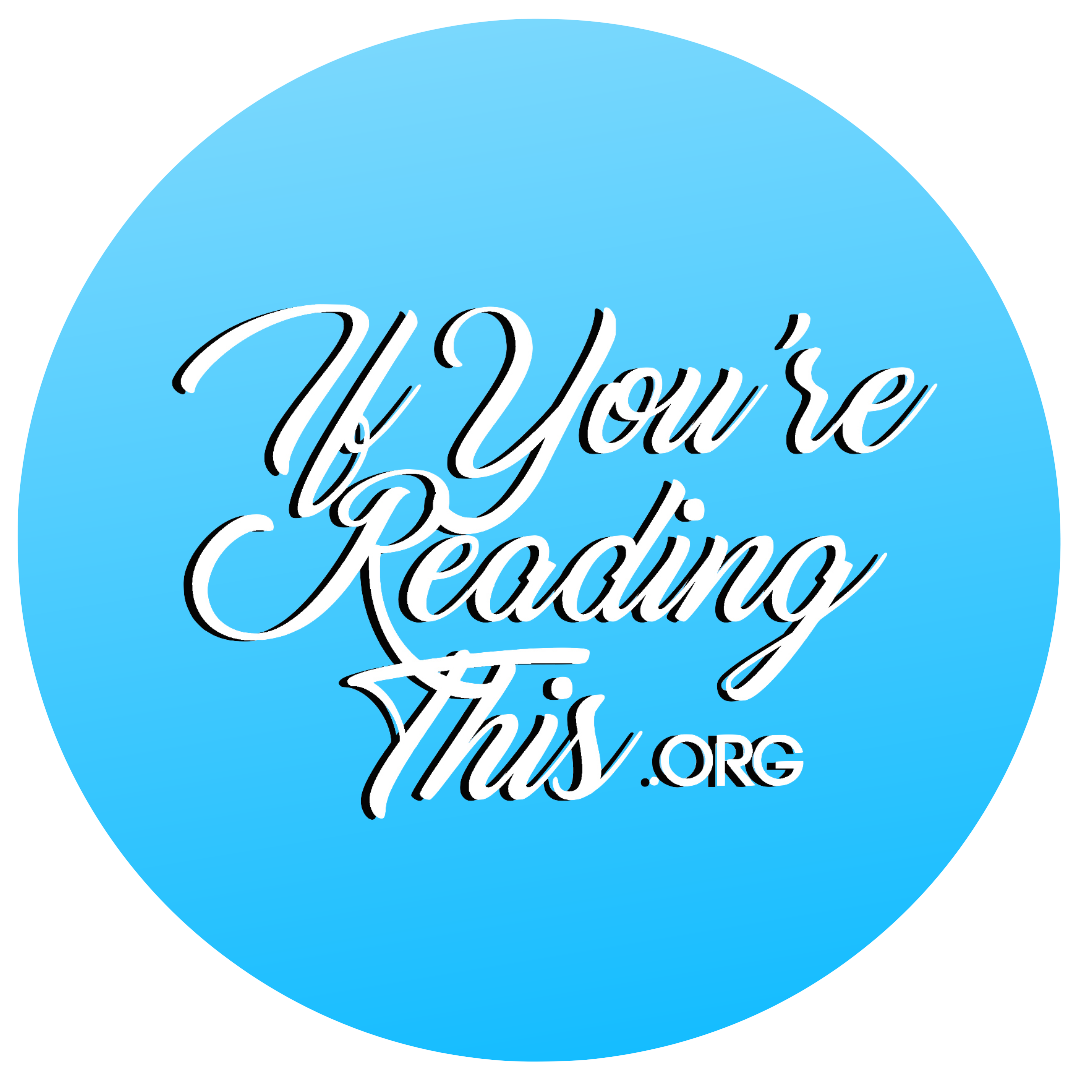Please note: In this letter, I discuss my experience with an eating disorder. If you think you may find this content triggering, I encourage you to read one of the other letters on IfYoureReadingThis.org, or prepare to access any support systems or resources you find helpful.
If you're reading this, I hope we can redefine our relationship with our bodies.
Living with an eating disorder is difficult enough; adding Covid to the formula made the past two years even more challenging. During my sophomore year, my relationship with food was at its worst, and it led to a point of absolute mental exhaustion with my eating disorder. My literal overnight decision to give up my restrictive mindset surrounding food was an act of final surrender - I wondered what recovery was like, and if it were possible for a perfectionist control freak like myself. Only after making a choice to pursue healing did I uncover the truth: the belief that my eating disorder gave me control was a lie. It controlled me, distorting my view of my body and urging me to see all its problems, rather than its incredible abilities and innate worth.
Our society has embraced diet culture to the point it feels silly giving diet culture a label - it is deeply ingrained within our attitudes towards thinness versus weight gain, our obsessions with working out and eating clean, and our false belief that we aren’t lovable until we lose weight first. This is especially true at Boston College, where people seem obsessed with working out or eating “perfectly.” But I realized diet culture is also expressed through our own self-talk. When we look in the mirror, it feels second nature to name our flaws, nitpicking the tens of things we swear must be changed before reaching contentment.
However, our bodies are not trophies for the world to covet or judge; neither are they measurements of our discipline and success. Our bodies are instruments that allow us to love, serve, experience, give. They are vessels that allow us to sing, dance, act, create. I believe we were each intricately designed with intention. The way we look will never be the same, even if we ate or exercised the same.
The younger me looked in the mirror and despised most of what she saw. Her eyes were quick to go to the stretch marks on her thighs or the rolls of fat on her stomach. But I wonder for us now: What if we looked at our bodies differently?
Stretch marks aren’t signs that we have failed at being self-controlled - they are proof that we are growing and living to the fullest.
Touching thighs aren’t signs that we need to lay off the carbs - they are best friends, and they like to be with each other.
A tummy isn’t a sign that we are undisciplined and unattractive - it protects us, gives us warmth, and stores the delicious food we can take delight in.
I hope we can no longer view our bodies as ugly, shameful, or inadequate, but as beautifully and purposefully made. To see goodness in every limb and body part, to cherish the way our hair shines, our legs move, and our arms feel. To allow ourselves to replace the world’s changing beauty standards and lies with the truth that we are innately worthy, cherished, and valuable.
Living with the internal and external pressures to constantly be focused on our bodies is difficult, so I hear you. I myself lived so long with those loud voices dominating my headspace and polluting my childhood confidence with deep shame and insecurity. When outside criticism seeks to tear us down or discourage us from seeking recovery, let’s challenge the lies we hear and keep pursuing healing, whatever that may look like in our lives.

